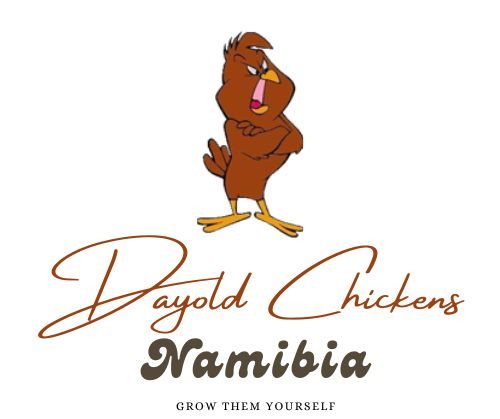The Informal Chicken Farmer
Who is an informal chicken farmer?
- We consider any person who farm on a small area with multi age chickens to be an informal chicken farmer.
- Even if he has multiple chicken houses which are less than 1.5 km apart, we consider him an informal chicken farmer.
What is multi age chickens?
-
- Multi age chickens are chickens of different ages added to the same chicken house over a period.
- Multi age chicken houses is considered to be same house even if it has separate sections where the new chickens are kept in.
- A typical informal chicken farmer will add newly bred chickens on a weekly basis to his chicken house. It could well be that they are dispatched between older birds.
Why does the informal chicken then not succeed?
- All farmers believe it is only the big chicken farms that have sick/ ill chickens.
- They do not apply strict bio security rules in their own chicken houses. (the biggest mistake a chicken farmer can make)
- They start to mix layers with their broiler chicks or even worse they start to prepare their broilers to become layers.
- They neglect their birds, start to mix their food with other animal feeds to save money.
- Keep them longer than the advised period to raise them.
Now what is the suggested remedy for the above
- First you must decide is it broilers or layers you cannot have both.
Why not
-
- It is different types of birds.
- They are kept in different conditions.
- They are fed differently.
- They do not get the same vaccinations and other medical treatments.
- They are chickens who start to be productive at different ages.
Secondly
-
- Carefully design your chicken house to keep your multi aged chickens separate.
- Design your house in such a way that you can move around the birds without entering the chicken pen itself.
- Keep the birds in their pen from start to finish, do not move them around.
- If you start culling, you must cull all the birds in a specific pen.
- If that pen is empty it must be cleaned/ washed properly, rested for at least a week before you put in your next batch of day-old broilers.
Thirdly
Apply proper bio security rules
-
- If possible, avoid entering the pen itself.
- Have a food bath outside your chicken house and walk through it every time you enter the chicken house.
- Never mix new birds with old birds.
- Regularly spray the chicken pens, birds as well with Viru kill or a similar product.
- Never visit other chicken houses in your area.
- Never receive birds from an unknown source you have no bio-security record of.
- Properly clean your pen after the birds was removed.
How
-
- Remove all manure and bedding material from the pen
- Wash/spray the pen with water and CALFECT
- Re wash the soap-soaked area with AFC/EFP
- Spray the pen with DQ5
- Lastly apply the whole pen with Gluatabac
- Now rest that pen for at least a week before stocking it with your new batch of broilers.
- Never stock new birds in a pen with old bedding material, this is suicide.
- Chickens shed small feather material called fluff, this fluff is an oily substance that sticks to any thing in gets in contact with. In this fluff hides your enemy. That is why you must clean your pen every time you have removed the birds from it.
Having said all this, you can succeed:
-
- Apply simple rules, keep to them vigorously.
- Have a proper schedule and working program, keep record of all activities in your chicken house Typical Broiler house guides and reports
- Listen to people with experience and who works with 100’s of informal farmers.
- Your newly delivered broilers cannot be sick, they hatched less than 24 hours ago before you received them under the strictest of bio security conditions imaginable. Don’t blame the supplier if they start dying it is always a chicken house mismanagement issue that results in day old chicken deaths.
- Look well after them, keep them warm when it is cold and help them cool off when it is hot.
- When they reach the age that you should start culling them do it humanely, do it in clean hygienic conditions to allow you to sell them to anybody who are interested in buying your product.
- Remember it is meat therefor it has to be cooled down and kept cool all the time after be slaughtered.
- Although they are delivered to you vaccinated you must vaccinate them as per the prescribed requirements.
This report was drafted from experience over a period, the internet is loaded with a world of information. If you are serious about broiler production, take time out and read about the practice as much as you can.
